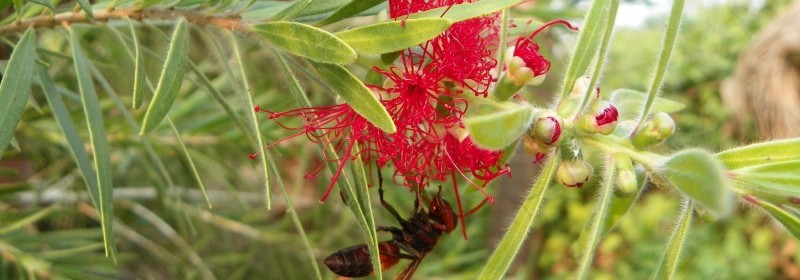Strange Recordings As Aging Space Probe Impacts Mercury

WASHINGTON, D.C. During a press conference last month, NASA released a slew of odd sound recordings and video from the Messenger probe just moments before it’s impact on Mercury. Scientists are working to decipher the meaning of the data, but some agree that the recordings sound like human voices crying out in agony. The Messenger probe had been orbiting Mercury […]
Read more








